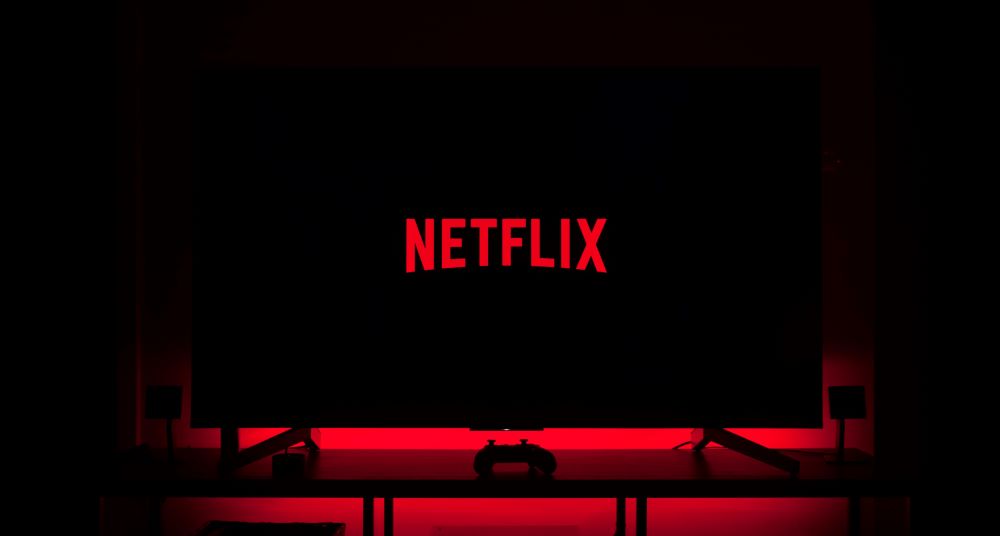After a period of considerable change at Netflix, the streaming giant’s advertising strategy is potentially starting to pay off. On last night’s earnings call for Q1 2023, the company revealed that its average revenue per user (ARPU) was higher on the ad-supported tier than its basic ad-free plan – and in the US, higher than the standard plan.
This marks a shift from last quarter, when the ad tier launched to much fanfare but little fan enthusiasm, emerging as the least popular pricing option. But last month the ad-supported plan reached 1 million US users, who Netflix suggests are new sign-ups rather than customers downgrading from premium tiers.
The service added 1.75 million subscribers in Q1, missing Wall Street estimates of above 2 million. It was however a 4.9 percent increase on the notorious quarter this time last year, when Netflix first started shedding customers. The company also announced $8.16 billion in Q1 revenues, up 3.7 percent YoY – but its forecast for Q2 is coming up short at $8.24 billion.
The biggest sticking point seems to be Netflix’s password sharing crackdown, which has resulted in the “initial cancel reaction” that had largely been anticipated. In Latin America, where the password sharing policy is currently enforced, the service lost 450,000 subs during the quarter. As a result, the company has pushed back the US roll-out of the plan to Q2.
Co-CEO Greg Peters noted that users currently borrowing passwords range from highly engaged Netflix users to more casual viewers. “And if you are watching much less, it’s much less likely that you will ultimately convert.” Nevertheless the firm is committed to the strategy, though this caution around its US arrival implies it anticipates short-term churn.
Shares fell almost 12 percent immediately following the results, but flattened over the next few hours.
Upfronts and updates
Netflix also provided updates on its advertising strategy, including the introduction of a programmatic private marketplace. According to Peters, advertisers will have “more ways to buy as we grow inventory,” suggesting more ads will emerge on Netflix as the company debuts at the Upfronts next month.
This could mean the addition of ads to Netflix’s premium tier, though the company was typically cagey when the possibility was raised. Peters described wanting a “wide range of consumer’s access at a range of prices with appropriate corresponding features,” effectively leaving the door open to advertising on other tiers.
Following rumours of Netflix’s dissatisfaction over its advertising partnership with Microsoft, the company also confirmed that its would build out some of its own ad tech capabilities. These plans involve Microsoft for the time being, but as their contract expires next year, Netflix could well be laying the groundwork for going it alone.
The business is already live with its IAS and DoubleVerify partnerships, and plans to roll out further measurement, verification and targeting tools for advertisers. “I think we have an opportunity to bring the specific characteristics of a premium, fully addressable, fully targetable, fully deterministic ad streaming system to this world,” said Peters.
“There is some cost to this, both in terms of the cost of the Microsoft partnership and the cost to some building out of our capabilities, people, as well as tech capabilities – but all very manageable,” added Netflix CFO Spencer Neumann.
Live streams and gaming
The company also addressed its live-streaming woes from the weekend, when its Love is Blind reunion was blighted with technical problems. Peters explained that the bug was introduced when attempting to improve its live capabilities after its Chris Rock special last month. Co-CEO Ted Sarandos added that while live streaming remains key to Netflix’s content strategy, advertising was not currently part of the deal – presumably because of the present instability.
Gaming was additionally given airtime, with 40 titles planned for 2023 – but advertising is “not currently” part of the plans for Netflix games. “We believe that we want to have a differentiated gaming experience and part of that is giving game creators the ability to think about building games purely from the perspective of player enjoyment, and not having to worry about other forms of monetisation, whether it be ads or in-game payment,” commented Peters.
Finally the company announced the closure of its DVD mail-out business after 25 years in operation, much to the surprise of those who did not realise such a service still existed.





